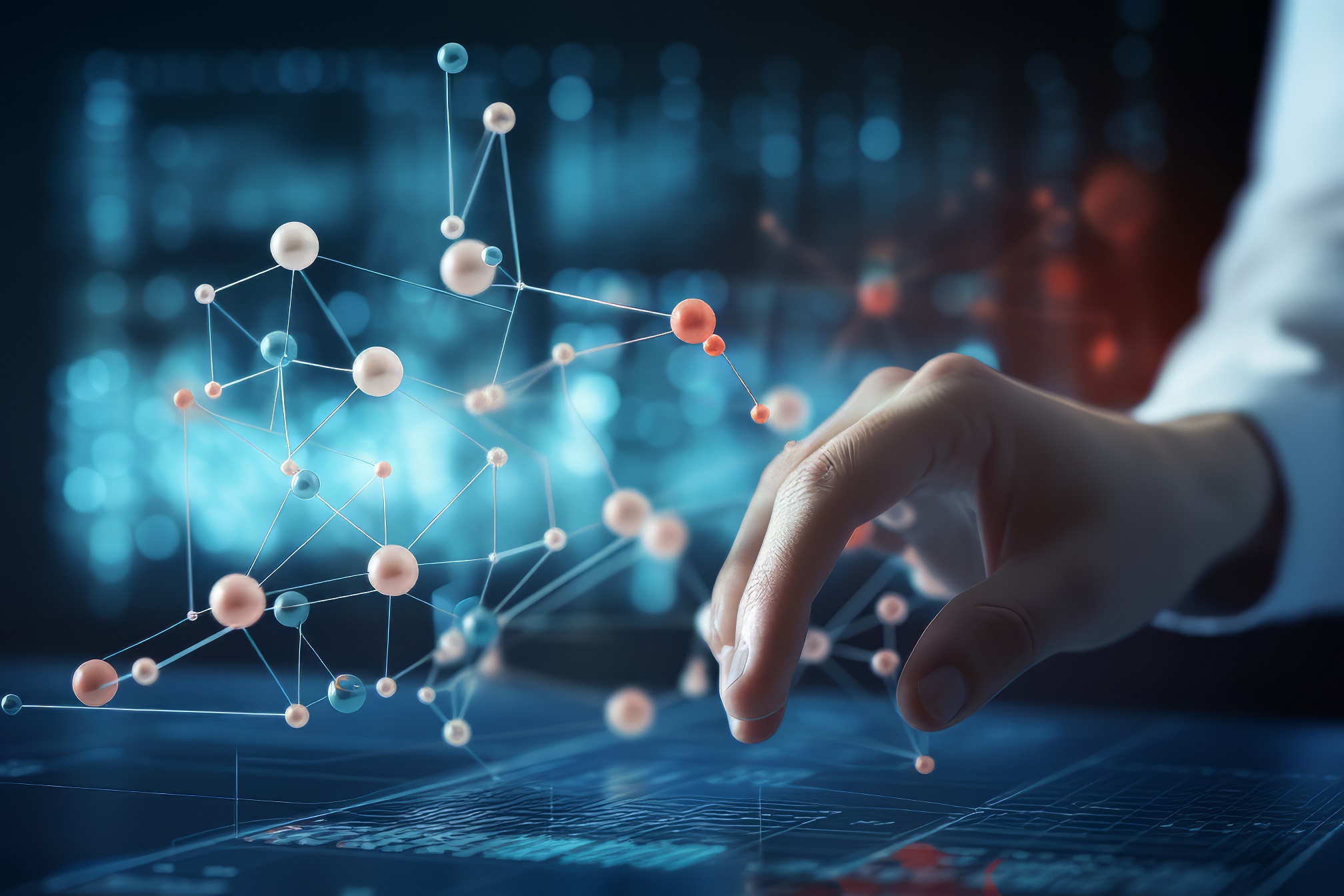
Machine learning has continued to deliver ground breaking results in many industries. A study carried out by Statista revealed that the Machine Learning market projects reaching US$79.29bn by the end of 2024. Also, the market size is expected to show an annual growth rate (CAGR 2024-2030) of 36.08% resulting in a market volume of US$503.40bn by 2030. This is proving to be true as the global business world continues to experience diverse cutting edge innovations curated by Machine Learning Models. Also, Machine learning application is seen in several technological advancements that were inconceivable before, but are now a reality.
In this blog post, we will explore Machine Learning’s impact and its application across industries. Before we dive into the varying impact of ML, let us briefly examine what Machine Learning is.
What is Machine Learning?
Machine learning is a subset of AI that is characterized with the ability to perform data analysis tasks without explicit instructions.ML focuses on the development of algorithms that allow computers to learn from data and make decisions based on that data. ML models can process large volumes of historical data and make predictions from previous data inputs. Generally, ML can be categorized into supervised, unsupervised, semi-supervised and reinforcement learning. You can learn about this further in Basic Concepts in Machine Learning. Below are some of the applications of ML as seen in 2024.
1. Healthcare
The healthcare system has experienced unprecedented innovations like never before in 2024. ML has birthed improved healthcare models that can detect patterns and abnormalities that might not be obvious to medical professionals. A major way ML is used in the healthcare space is in research. ML is helping researchers understand how diseases work through advanced data sets and algorithms in disease predictions and early detections. Additionally, ML is applied in providing personalized treatments, and in obtaining predictive analytics for patient outcomes.
Machine Learning application is evident in several ways such as early diagnosis, drug development, improved patient care and reduced costs amongst other benefits. With the advent of tools like Merative, Viz.AI, Enlitic, Regard and others, ML can only continue to soar in the healthcare sector.
2. Business and Finance
Machine Learning is growing at a rapid pace in business and finance. A large percentage of finance companies now use ML to increase their predictive statistical capabilities. Businesses use ML to automate tasks, analyze data and manage risks. Additionally, ML is now applied in areas such as fraud detection, customer service, portfolio management and algorithmic trading in investments. For example, e-commerce stores can now create more personalized shopping experiences with the aid of ML. 24/7 customer service has also been made possible with automated responses through chatbots.
Machine learning technologies like deep learning, neural networks and reinforcement learning have been instrumental to this purpose. TensorFlow, Microsoft Azure, Google Cloud Platform amongst many other ML tools have been beneficial for companies in different industries.
3. Manufacturing
ML has been improving at a fast pace in the manufacturing space as it continues to change the way manufacturing processes are carried out. A major input of ML to manufacturing is predictive maintenance. In the past, equipment would often experience failure before they could be detected and fixed. The use of sensors and AI/ML cloud enablers now make it possible to detect and prevent anomalies in equipment without having to experience a breakdown first. Similarly, with the aid of collaborative automation robots, ML is useful in production and supply chain optimization.
Furthermore, machine learning’s impact is seen in generative design, inventory management and energy consumption. Manufacturing industries have recorded optimal performance and increased productivity with the aid of ML.
4. Transportation
The transportation industry has evolved in many ways over the years. With autonomous vehicles being a major disruption that left many in awe. The industry keeps improving with the input of ML models that make it possible to experience route and traffic flow optimizations. ML algorithms are capable of processing and analyzing vast historical transportation data to be able to identify and predict patterns and trends. This helps organizations and individuals identify best routes and avoid traffic delays.
ML has also been useful in providing predictive maintenance to vehicles, making it possible for the early detection and repairs of vehicles. The aid of computer vision in autonomous vehicles enables them to recognize and detect objects. This enables cars to make split-second decisions, recognize traffic signs and detect obstacles.
5. Education
Machine Learning application is also obvious in the educational sector in a number of ways. ML algorithms can analyze data to tailor personalized educational content to students. The insights garnered from data can help tutors recognize and cater for specific needs of each student, leading to optimal performance for students. Also, ML has been helpful with providing softwares that aid tutors in the automation of repetitive tasks. ML tools have proven to help with accurate assessment, saving tutors more time to focus on fine tuning better instructional strategies.
Additionally, Predictive Analytics has made it possible to forecast learning outcomes by analyzing historical data. With ML,students enjoy personalized learning experiences and carry out research in a faster time. AI/ML powered learning tools such as ChatGPT, MathGPT, Grammarly, Lesson Plan Generator, Duolingo and others are examples of tools shaping the educational sector.